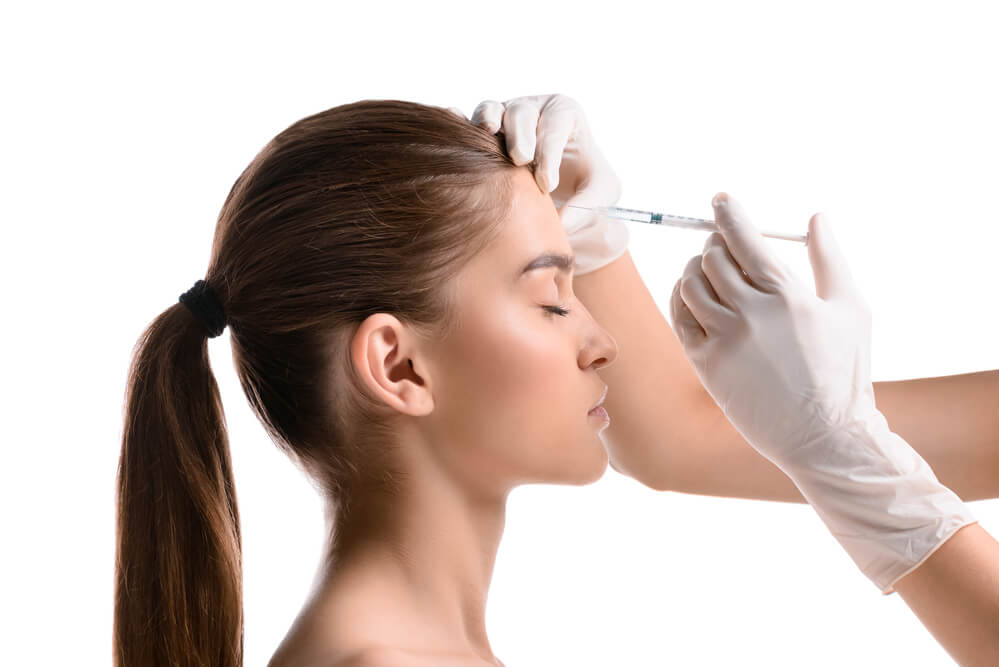
How Long After Botox Can I Have Dental Work?
Once you are done getting the Botox treatment, you should notice some big improvements in your appearance all around the face. While very few people will have problems or side effects from their Botox, it is still a possibility, and you may need to use precautions to take care of the body and the affected area of treatment for a bit afterward. One question that you may have after getting Botox is when is it safe to have dental work done?
According to Skinsation LA, which is one of the best places to get Botox, it is best to wait a minimum of 24 hours before you get any dental work done. Having it done any earlier can cause damage to the area, and you may not be able to utilize some of the anesthesia and other options at the dental office if you do it too soon. It is often best for you to wait at least two weeks, though. This gives the Botox time to reach full effect and can be the safest for the Botox and the dental work.
While it is important to keep up with your dental work for the health of your smile, you still need to use some precautions along the way. Let’s take a closer look at getting dental work and how long after your Botox injections you should wait before you get it done.
When Should I Get Dental Work Done After Botox?
There are a lot of reasons to get Botox done. It can help to clear up a lot of the wrinkles and fine lines around the face and can make you have a younger appearance. But when the treatment is done, there may be a few precautions that you can take to ensure that you stay safe.
If you have just gotten the Botox done and it is time to look at your dental work and maintain the health of your smile, you may worry about whether or not it is safe to go to the dentist so soon. It is possible to get dental work done before and after your Botox injection, but there are a few considerations you need to go through first.
As you are considering getting dental work done, it is a good idea to remember that Botox will take at least a few weeks to reach full effect. This means that it may make the most sense for you to wait two weeks before or after the Botox injection to make sure that the effects you are hoping from the Botox will not get delayed because of the dental work you need to get done.
This is also a good precaution in case there are some wounds after the injection. While not all patients will get these wounds, if you do get them, you will want to be careful around them and ensure that they are not getting rubbed on or infected along the way. If you wait a few weeks, it gives the wounds some more time to heal and can limit the spread of bacteria to the face as well.
If you are working on getting Botox injections as a way to treat a gummy smile, then you will need to make sure that you get the work done by a cosmetic dentist. This can bring more value to the treatment because this kind of dentist will know more about the structure and anatomy of the face.
Even if you plan to use the injections of Botox to help correct the fine lines and wrinkles on the face, a cosmetic dentist can be a good option. They know more about the symmetry that should be found in the face, they understand the facial nerves, and they are more familiar with the different treatments that are available, giving you the best results.
For the most part, it is safe for you to get the dental work done shortly after you are done with the Botox injection, though it is best to wait for a minimum of 24 hours after the injection before you go to the dentist. If possible, wait for two weeks after the injection to help avoid issues and make sure that you get the best results from Botox and the dental work.
Taking Care of Your Health
Being careful about when you will get the dental work done after Botox is generally a smart idea, though you should be fine getting the dental work done both before and after the Botox. You can try to work with your dentist to schedule the dental work at the most convenient time to ensure you do not run into trouble based on what is going on with your oral hygiene. If you are ever concerned about the procedure and what it entails, then you can talk to your doctor or your dentist to get more advice.

